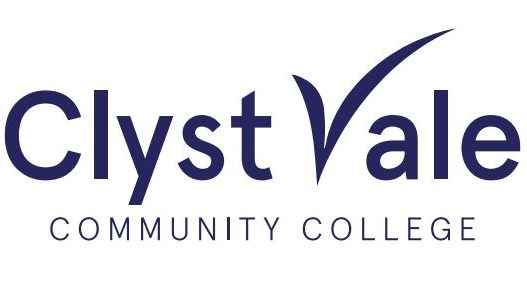Performing Arts

Welcome to the subject page for Performing Arts.
You’ll find key information including staffing, curriculum plans and contact details on this page.
Curriculum Intent
Our aim in Performing Arts is to enable students to deliver exceptional performances in dance, drama and music.
All students are encouraged to take part in performances and showcase their skills and receive excellent opportunities to do this. Our dedicated team of teachers are passionate about providing opportunities to challenge and stretch our pupils in pursuit of student excellence. We place great importance on providing activities to enrich student experience, including annual performances at the Barnfield Theatre, exposure to professional artists, theatre companies and regular theatre trips to experience the best shows.
It is a common misconception that Drama is for those who want to be ‘actors’. In fact it is a subject concerned with the development of transferable skills that are relevant to all, in terms of personal and social awareness and future employability, whatever the ultimate career choice.
Like the other arts, drama involves imagination and feelings and helps us to make sense of the world. Drama is a creative and cultural activity. The language of theatre is international, understood by everyone. It provides an opportunity for pupils to explore the world of people from other places, times and cultures, and to examine differences and similarities with their own environment. Drama has its own history and body of work, much of which has a unique and important place in our cultural life.
Drama at CVCC is exciting, interesting, practical and varied. Students have opportunities to devise their own work, use drama techniques to explore themes, issues and ideas, interpret the work of playwrights and theatre practitioners and realise text. Practically they develop their physical and vocal skills in performing to an audience and explore how meaning is communicated to an audience through choices of form, style and convention. Students develop both a theoretical, as well as practical knowledge of drama. They respond to a wide and diverse variety of stimuli, exploring a range of social, cultural and historic contexts. They also learn how to evaluate and discuss their own work and the drama produced by others including the work of professional theatre makers.
Whilst our curriculum is designed to support students in the development of their skills in making, performing and responding, it is fundamentally about the growth of the individual. Our drama curriculum allows students to develop a number of essential skills for life and is highly regarded both in the world of higher education and of employment. Our expectations are that students consistently challenge themselves and take risks in the creation and performance of drama in their lessons. As a department we wholeheartedly believe that drama can enable our students to grow into more rounded and self-aware young adults. Drama, in short, is essential.
Drama is an activity that focuses upon human behaviour and our perceptions of the world. As probably the oldest, and certainly the most encompassing of art forms, drama allows students to learn to discuss topics that arise from exploring the social, cultural and historic context of a wide variety of stimuli. Just like Aeschylus, the ‘father of tragedy’ living in Ancient Greece, who as a child fought imaginary monsters with his wooden sword, students are encouraged to continue to use this innate instinct to make believe as they once did and explore imagined realities.
Drama is a life skill and a creative art form. It helps students develop their ability to use voice, movement, gesture and facial expression, within a range of practical role playing activities. Through Drama, young people are given opportunities to express and manage their thoughts and feelings, responding to a wide range of issues and situations.
The Drama department is a busy and exciting department at Clyst Vale. We offer many drama opportunities for our students to extend their learning and enjoyment of drama beyond the classroom, ranging from whole school productions, drama workshops, theatre visits, drama clubs as well as hosting visiting theatre practitioners and performers to come into school to work with our students.
The KS3 Drama curriculum helps to develop transferable skills such as negotiation, resilience, team work, cooperation, and public speaking. The development of these skills encourages self-confidence and self-awareness. It promotes the development of the individual in a group context: roles and ideas are negotiated, problems solved and decisions made together. During KS3, students explore both factual and fictional texts that help to broaden their understanding of different social, cultural, moral and historical contexts and situations.
Students are taught two lessons of drama per fortnight
Students are taught in our two custom built drama spaces, as well as in our outdoor amphitheatre in the summer term
Schemes of Learning
KS3 Level Descriptors – Drama
Below are links to exam boards / specs and some sites useful for revision
BTEC Level 3 National Extended Certificate in Performing ArtsLink to BTEC Level 3 National Extended Certificate in Performing Arts
BTEC Level 1/2 in Performing Arts
BTEC Level 3 National Extended Certificate in Music
BBC Bitesize for Performing Arts
The department run a range of clubs for KS3, 4 and 5 students.
They also hold numerous performances and trips thorugh the year as well as large set-piece productions.
Details will appear here at the start of the new academic year.
